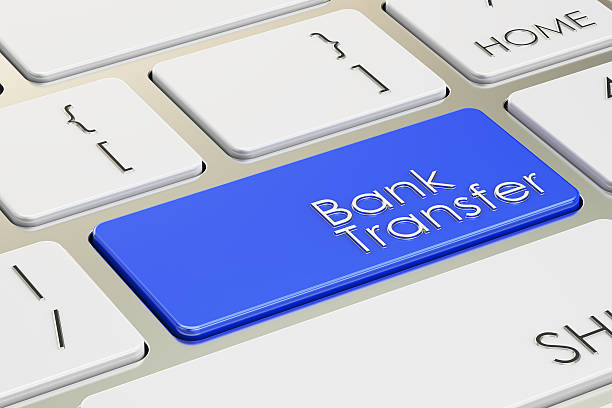A bank routing number, also known as the routing transit number (RTN), is a nine-digit code used by financial institutions in the United States to identify and facilitate the routing of transactions between banks. Each routing number is unique to a specific bank and is used to process a wide range of transactions, including direct deposits, wire transfers, electronic fund transfers, and automated bill payments.
The Components of a Bank Routing Number
To decipher the significance of each digit in a bank routing number, it's essential to break down the code:
First Four Digits: The first four digits of a routing number represent the Federal Reserve Routing Symbol, which indicates the geographic location of the bank or credit union. The first two digits signify the Federal Reserve Bank district, while the next two digits indicate the Federal Reserve Bank's specific location within that district.
Fifth Digit: The fifth digit, known as the 'routing number classifier,' has varied meanings. It can represent different types of financial institutions, such as commercial banks, savings institutions, credit unions, or even non-financial institutions that can process transactions.
Last Four Digits: The last four digits of the routing number are unique to the specific bank or credit union. They help distinguish between various branches of the same financial institution.
Why Bank Routing Numbers Matter
Transaction Processing: Routing numbers are essential for ensuring the accurate and secure routing of funds during transactions. Whether you're receiving your paycheck via direct deposit, transferring money to a friend's account, or paying your bills online, the routing number ensures that the funds reach the correct destination.
International Transactions: While routing numbers are primarily used within the United States, they're often required for international transactions initiated through US-based banks. These transactions may involve intermediary banks that facilitate the transfer, and a routing number helps streamline this process.
Automated Clearing House (ACH) Transactions: ACH transactions involve electronic transfers of funds between financial institutions. Routing numbers are critical for ACH transactions, enabling automatic bill payments, electronic fund transfers, and more.
Wire Transfers: For both domestic and international wire transfers, routing numbers play a crucial role. They help route the funds through the appropriate intermediary banks and financial institutions.
Finding Your Bank Routing Number
You can find your bank's routing number on various documents, such as your checks, deposit slips, and online banking platforms. It's important to note that different types of transactions might require different routing numbers, so ensure you're using the correct one based on the nature of your transaction.
In Conclusion
Bank routing numbers are an integral part of the modern financial system, facilitating the seamless and secure movement of funds between banks and financial institutions. Understanding the structure and significance of routing numbers can empower you to make confident financial decisions, whether you're setting up direct deposits, initiating wire transfers, or conducting online transactions. By demystifying this essential component of banking, you're better equipped to navigate the intricate world of finance.
Frequently asked questions (FAQs) related to bank routing numbers and bank routing information:




